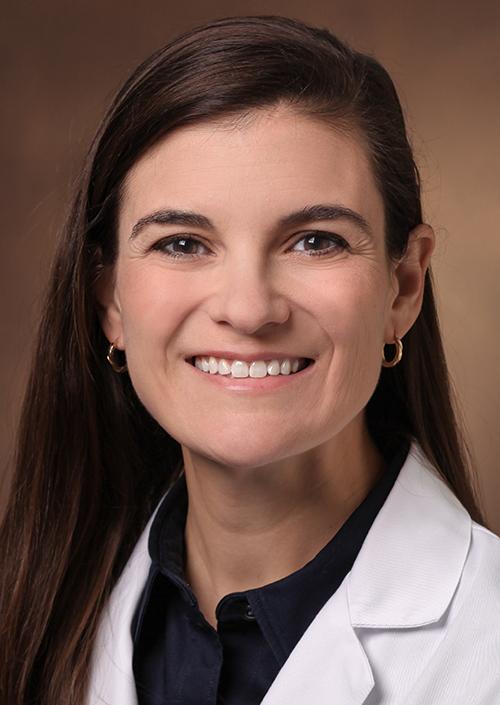Expanded genomic dataset includes a wider racial diversity which may lead to improved diagnostics and clinical laboratory tests
Human genomic research has taken another important step forward. The National Institutes of Health’s All of Us research program has reached a milestone of 250,000 collected whole genome sequences. This accomplishment could escalate research and development of new diagnostics and therapeutic biomarkers for clinical laboratory tests and prescription drugs.
The wide-reaching program aimed at gathering diverse genomic data is giving scientists access to the nearly quarter million whole genome sequences—as well as genotyping arrays, long-read genome sequences, and more—to aid precision medicine studies, the National Institutes of Health (NIH) announced in a news release.
The NIH’s All of Us program “has significantly expanded its data to now include nearly a quarter million whole genome sequences for broad research use. About 45% of the data was donated by people who self-identify with a racial or ethnic group that has been historically underrepresented in medical research,” the news release noted.
Detailed information on this and future data releases is available at the NIH’s All of us Data Roadmap.

“For years, the lack of diversity in genomic datasets has limited our understanding of human health,” said Andrea Ramirez, MD, Chief Data Officer, All of Us Research Program, in the news release. Clinical laboratories performing genetic testing may look forward to new biomarkers and diagnostics due to the NIH’s newly expanded gene sequencing data set. (Photo copyright: Vanderbilt University.)
Diverse Genomic Data is NIH’s Goal
NIH launched the All of Us genomic sequencing program in 2018. Its aim is to involve more than one million people from across the country and reflect national diversity in its database.
So far, the program has grown to include 413,450 individuals, with 45% of participants self-identifying “with a racial or ethnic group that has been historically under-represented in medical research,” NIH said.
“By engaging participants from diverse backgrounds and sharing a more complete picture of their lives—through genomic, lifestyle, clinical, and social environmental data—All of Us enables researchers to begin to better pinpoint the drivers of disease,” said Andrea Ramirez, MD, Chief Data Officer of the All of Us research program, in the news release.
More than 5,000 researchers are currently registered to use NIH’s All of Us genomic database. The vast resource contains the following data:
- 245,350 whole genome sequences, which includes “variation at more than one billion locations, about one-third of the entire human genome.”
- 1,000 long-read genome sequences to enable “a more complete understanding of the human genome.”
- 413,350 survey responses.
- 337,500 physical measurements.
- 312,900 genotyping arrays.
- 287,000 electronic health records.
- 15,600 Fitbit records (data on sleep, activity, step count, heart rate).
The research could lead to:
- Better understanding of genetic risk factors for disease.
- Development of predictive markers for disease risk.
- Analysis of drugs effectiveness in different patients.
Data Shared with Participants
Participants in the All of Us program, are also receiving personalized health data based on their genetic sequences, which Dark Daily previously covered.
In “US National Institutes of Health All-of-Us Research Program Delivering Genetic Test Results and Personalized Disease Risk Assessments to 155,000 Study Participants,” we reported how the NIH had “begun returning personalized health-related DNA results” to more than 155,000 study participants. In addition, participants who requested their results will receive genetic reports that detail whether they “have an increased risk for specific health conditions and how their body might process certain medications.”
“Through a partnership with participants, researchers, and diverse communities across the country, we are seeing incredible progress towards powering scientific discoveries that can lead to a healthier future for all of us,” said Josh Denny, MD, Chief Executive Officer, All of Us Research Program, in the news release.
Cloud-based Tool Aids Access to Data
The All of Us program makes a cloud-based platform—called Researcher Workbench—available to scientists for the study of genetic variation and other issues, Inside Precision Medicine explained.
“[Researchers] can get access to the tools and the data they need to conduct a project with our resources in as little as two hours once their institutional data use agreement is signed,” said Fornessa Randal, Executive Director, Center for Asian Health Equity, University of Chicago, in a YouTube video about Researcher Workbench.
A paper published in Annual Review of Biomedical Data Science titled, “The All of Us Data and Research Center: Creating a Secure, Scalable, and Sustainable Ecosystem for Biomedical Research,” noted that the diseases most often being studied by researchers using All of Us data include:
- Hypertensive disorders (Hypertension)
- Malignant neoplasm (Cancer)
- Diabetes
- Mental depression
Database’s Growth Good for Precise Diagnostics
For diagnostics professionals, the growth of available whole human genome sequences as well as access to participants in the All of Us program is noteworthy.
Also impressive is the better representation of diversity. Such information could result in medical laboratories having an expanded role in precision medicine.
—Donna Marie Pocius
Related Information:
All of Us Researcher Workbench
All of Us Program Expands Whole Genome Data Available to Researchers


